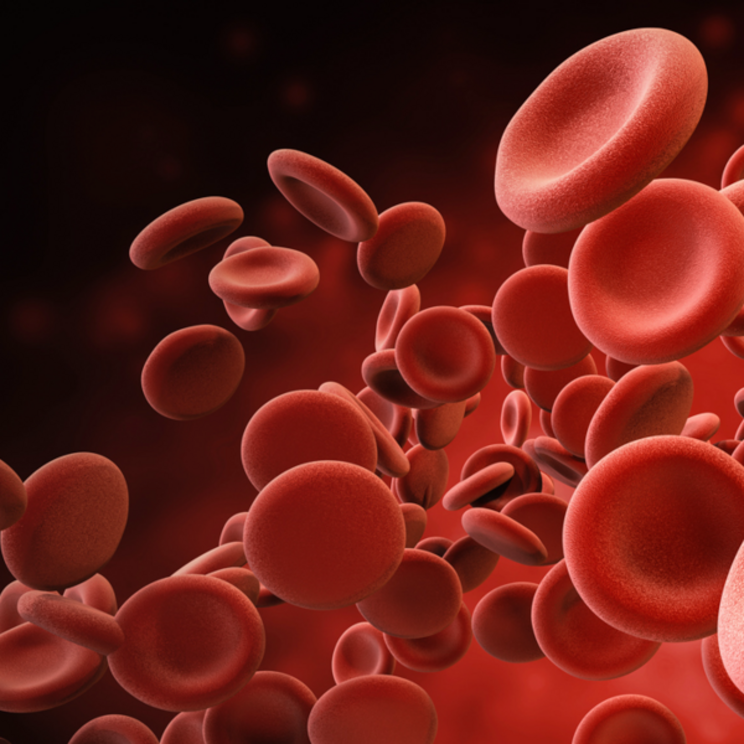Written By: John Stuart Reid
Music as Medicine is becoming a hot topic, even in some major hospitals, and is ever more important in a world in which the harmful effects of toxic drugs are more prevalent than ever before. The Interdisciplinary Society for Quantitative Research in Music and Medicine (ISQRMM) is an organisation with a mission to provide researchers, practitioners, medical professionals and musicians with a forum in which to critically engage on the effects of music on the human mind, body and soul.
The ISQRMM held its inaugural conference in June, 2011 at Weber State University in Ogden, Utah, and since then they’ve organised successful biennial conferences, at the University of Georgia, the Immaculata University in Pennsylvania, the University of Bridgeport, and as a virtual conference at Molloy College in New York, during the 2021 pandemic. Their 2023 conference will also be virtual and Dr. David Akombo, their president and co-founder, kindly invited me to be their keynote speaker, where I will present on the positive effects of music on red and white blood cell longevity and viability.
New cells for old
In collaboration with Professor Sungchul Ji (Sayer Ji’s father) we began a series of music-blood experiments in 2019, in which a vial of whole human blood was immersed in a music, in an incubator, for 20-minutes, while a vial of the same donor’s blood was maintained in the very quite environment of the lab’s Faraday Cage. Subsequently, we performed a red blood cell count on both vials and discovered significantly more viable red blood cells in the music-immersed blood than in the control vial. Most surprising was the effect of classical music on blood, compared with popular music. The classical music selections returned the lowest increases in red blood cell viability, while some popular music returned astonishingly high increases in cell viability. An article on our results was posted on greenmedinfo.com in June 2019:

www.greenmedinfo.com/blog/testing-2500-year-old-hypothesis
Professor Ji and I developed a hypothesis to explain what seemed at that time to be a counter-intuitive difference in red blood cell count between classical music and pop music. A spectrum analysis of typical tracks of classical music and popular music revealed that the low frequency register in classical music is far less dominant than in popular music, and this is the likely key to understanding the biological mechanisms at work by which the outer membranes of old red blood cells are, seemingly, miraculously regenerated within 20 minutes of immersion in a musical soundscape. The low frequencies in music appear to act in a similar manner to the low frequencies provided by each heart beat in vivo, assisting the process of oxygen binding, which powers the body’s repair mechanisms. Put differently, as the low frequencies in music penetrate the body’s vascular system they support the role of the heart in the oxygen binding process, resulting in more oxygen availability and powering the “new cells for old” mechanism, a discovery that may lead to and even greater proliferation of Music as Medicine in clinical settings in the future.
The most recent research in our series of music-blood experiments now includes the effects of music on white blood cells, and this will be one of the topics covered in my presentation at the ISQRMM 2023 conference. Their organisation continues to grow and is led by a vibrant board of directors, dedicated to their mission of supporting empirical research in Music Therapy and Music Medicine and providing an engaging forum. The ISQRMM currently have openings for membership, and GreenMedInfo members will be very welcome to apply at the following link:
https://www.isqrmm.org/registration/
Registrations for the 2023 conference are also welcome at this time.
© August 10th 2022 GreenMedInfo LLC. This work is reproduced and distributed with the permission of GreenMedInfo LLC. Want to learn more from GreenMedInfo? Sign up for the newsletter here //www.greenmedinfo.com/greenmed/newsletter.



